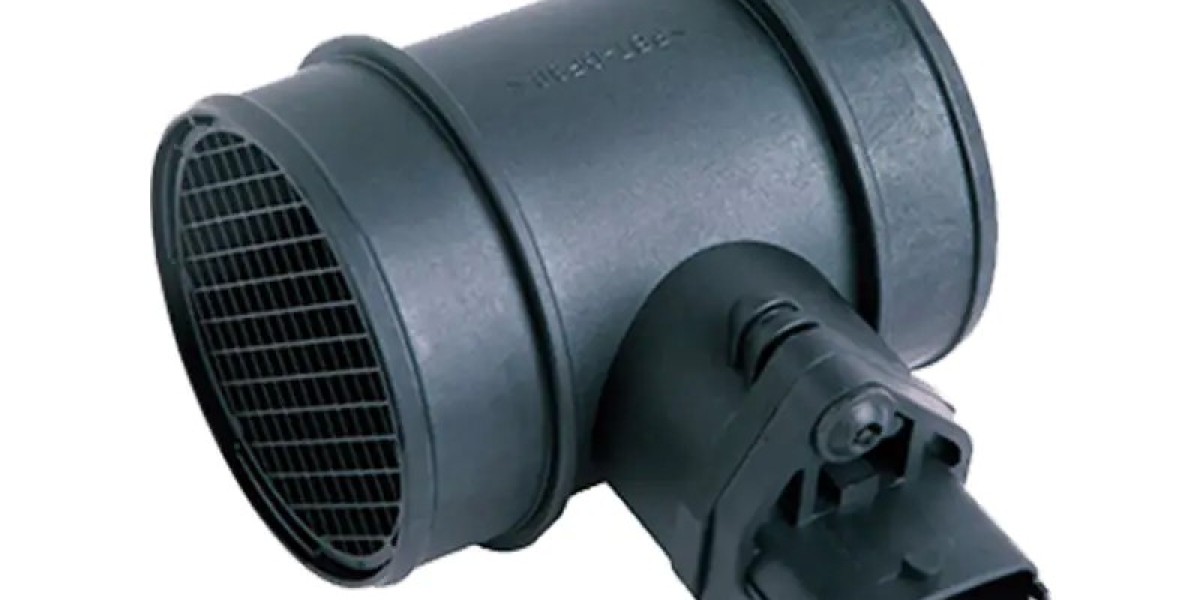In modern automotive systems, air flow sensors play a vital role in maintaining engine efficiency and vehicle performance. These precision instruments monitor the amount of air entering the engine and send accurate data to the Engine Control Unit (ECU). With this information, the ECU can adjust the fuel injection and ignition timing to ensure optimal combustion and minimize emissions.
What is an Air Flow Sensor?
The air flow sensor, often referred to as a Mass Air Flow (MAF) sensor, measures the air entering the intake system. It is crucial for balancing air-to-fuel ratios, improving power delivery, and enhancing overall fuel economy.
- Functionality: The air flow sensor uses advanced hot wire technology or thermal film to detect airflow rate. When the air passes through, it cools the sensor, and the system uses this data to calculate air mass.
- Impact on Engine Performance: Accurate readings ensure that the engine burns fuel efficiently, reducing fuel consumption and harmful emissions.
Why Choose China Air Flow Meters?
Manufacturers like Wenzhou Xinlianke Mold Industry Co., Ltd., a professional air flow sensor supplier in China, provide reliable and high-precision sensors tailored to various vehicle models. Their advanced manufacturing processes and rigorous quality control make their sensors trusted worldwide.
Key Advantages:
- Wide Compatibility: Designed for popular car brands such as AUDI, BMW, TOYOTA, and many others.
- Durable and Reliable: Built to perform in various weather and road conditions.
- Cost-Effective: Competitively priced without compromising quality.
Applications Across Vehicle Types
Air flow sensors are widely applicable:
- Gasoline Engines: Optimizing combustion for power and economy.
- Diesel Engines: Ensuring proper air-fuel mixture and emission control.
- Hybrid Systems: Balancing engine performance with electric components.
High-performance vehicles, in particular, rely on precise air flow sensors to deliver consistent performance at high speeds and varying air conditions.
Future Trends in Air Flow Technology
With advancements in automotive technology, air flow sensors are evolving.
- Smart Sensors: Integration with IoT and real-time monitoring.
- Enhanced Accuracy: Optical and piezoelectric sensors offer faster response times.
- Applications in Electric Vehicles: Monitoring thermal management systems for EV batteries.








